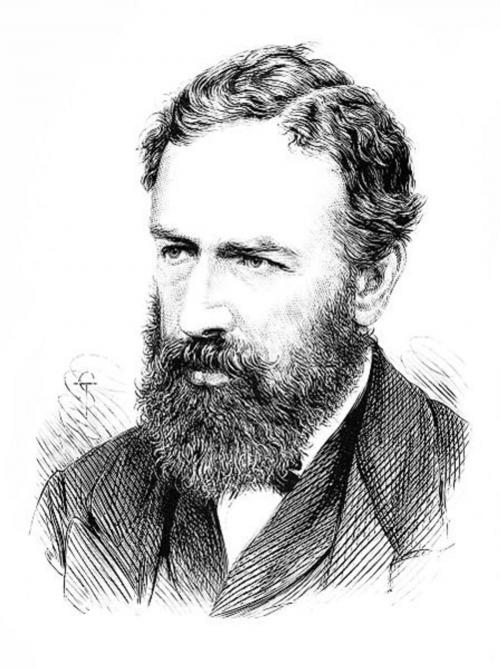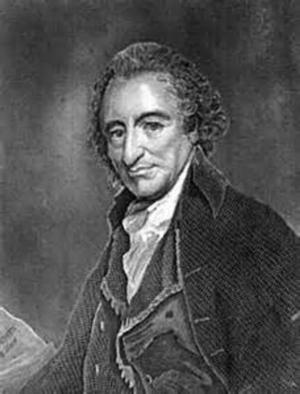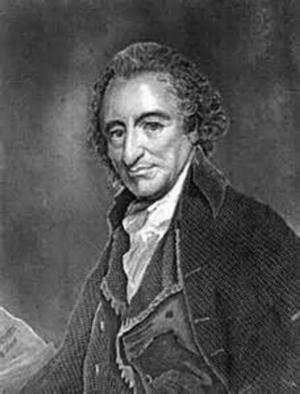A Primer on Political Economy (Illustrated)
Business & Finance, Economics, Macroeconomics, Theory of Economics| Author: | William Jevons, Timeless Books | ISBN: | 1230000306680 |
| Publisher: | www.WealthOfNation.com | Publication: | February 24, 2015 |
| Imprint: | Language: | English |
| Author: | William Jevons, Timeless Books |
| ISBN: | 1230000306680 |
| Publisher: | www.WealthOfNation.com |
| Publication: | February 24, 2015 |
| Imprint: | |
| Language: | English |
The book has an active table of contents for easy access to each chapter as the follows:
1. INTRODUCTION
2. UTILITY
3. PRODUCTION OF WEALTH
4. DIVISION OF LABOUR,
5. CAPITAL
6. DISTRIBUTION OF WEALTH
7. WAGES
8. TRADES-UNIONS
9. CO-OPERATION, ETC.
10. THE TENURE OF LAND
11. EXCHANGE
12. MONEY
13. CREDIT AND BANKING
14. CREDIT CYCLES
15. THE FUNCTIONS OF GOVERNMENT
16. TAXATION
William Stanley Jevons was an English economist and logician in the row with the greatest thinkers Bertrand Russell, Gottlob Frege, Karl Popper, John Stuart Mill, Irving Fisher, Carl Menger, and Alfred Marshall. Their thoughts had strong influence on the investment style of George Soros and his endeavor of Open Society Foundations.
In the book of A Primer of Political Economy, William Jevons gave a powerful explanation and discussion of familiar economic topics that were argued in the Wealth of Nations by Adam Smith. He led the economic students through the book to have an understanding of their laws and relationships of the essential economics elements.
William Jevons’ important contribution to economics and scientific methods is his The Coal Question in 1865. In this book he argued the gradual exhaustion of the coal supplies in UK and published what is now known as Jevon's paradox that increases in energy production efficiency leads to more not less consumption. The peak oil theory as the foundation of speculating and justifying soaring oil price in the past ten years is also based on the analytical framework in the book The Coal Question.
Irving Fisher also praised Jevons’ book A General Mathematical Theory of Political Economy in 1862 as the start of the mathematical method in economics.
William Jevons' work of the utility theory along with similar discoveries made by Carl Menger in 1871 marked the opening of a new period in the history of economic thought.
William Jevons’ work The Coal Question in 1865 called out attention to the gradual exhaustion of the coal supplies in UK and he put forth what is now known as Jevon's paradox that increases in energy production efficiency leads to more not less consumption.
William Jevon’s also invented the logic piano and a mechanical computer that was a pioneer work for modern computer.
William Jevons also proposed the unique approach and framework of "Commercial Crises and Sun-Spots" to analyze business cycles that crises in the economy might not be random events, but might be based on discernible prior causes.
William Jevons’ influence has been felt in nearly every field of the humanities and social sciences.
The reasoning by William Jevons still remains as relevant today as it was then. This book is one of the most important ones about the deepest thoughts of Adam Smith’s economic framework by William Jevons, one of the greatest thinkers of modern economics and logic on the planet.
The book has an active table of contents for easy access to each chapter as the follows:
1. INTRODUCTION
2. UTILITY
3. PRODUCTION OF WEALTH
4. DIVISION OF LABOUR,
5. CAPITAL
6. DISTRIBUTION OF WEALTH
7. WAGES
8. TRADES-UNIONS
9. CO-OPERATION, ETC.
10. THE TENURE OF LAND
11. EXCHANGE
12. MONEY
13. CREDIT AND BANKING
14. CREDIT CYCLES
15. THE FUNCTIONS OF GOVERNMENT
16. TAXATION
William Stanley Jevons was an English economist and logician in the row with the greatest thinkers Bertrand Russell, Gottlob Frege, Karl Popper, John Stuart Mill, Irving Fisher, Carl Menger, and Alfred Marshall. Their thoughts had strong influence on the investment style of George Soros and his endeavor of Open Society Foundations.
In the book of A Primer of Political Economy, William Jevons gave a powerful explanation and discussion of familiar economic topics that were argued in the Wealth of Nations by Adam Smith. He led the economic students through the book to have an understanding of their laws and relationships of the essential economics elements.
William Jevons’ important contribution to economics and scientific methods is his The Coal Question in 1865. In this book he argued the gradual exhaustion of the coal supplies in UK and published what is now known as Jevon's paradox that increases in energy production efficiency leads to more not less consumption. The peak oil theory as the foundation of speculating and justifying soaring oil price in the past ten years is also based on the analytical framework in the book The Coal Question.
Irving Fisher also praised Jevons’ book A General Mathematical Theory of Political Economy in 1862 as the start of the mathematical method in economics.
William Jevons' work of the utility theory along with similar discoveries made by Carl Menger in 1871 marked the opening of a new period in the history of economic thought.
William Jevons’ work The Coal Question in 1865 called out attention to the gradual exhaustion of the coal supplies in UK and he put forth what is now known as Jevon's paradox that increases in energy production efficiency leads to more not less consumption.
William Jevon’s also invented the logic piano and a mechanical computer that was a pioneer work for modern computer.
William Jevons also proposed the unique approach and framework of "Commercial Crises and Sun-Spots" to analyze business cycles that crises in the economy might not be random events, but might be based on discernible prior causes.
William Jevons’ influence has been felt in nearly every field of the humanities and social sciences.
The reasoning by William Jevons still remains as relevant today as it was then. This book is one of the most important ones about the deepest thoughts of Adam Smith’s economic framework by William Jevons, one of the greatest thinkers of modern economics and logic on the planet.















